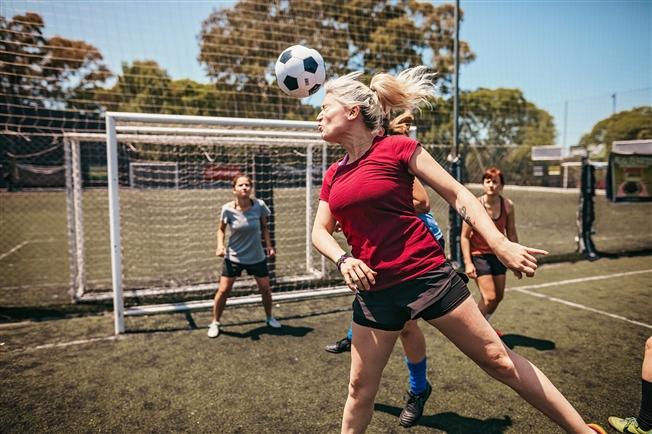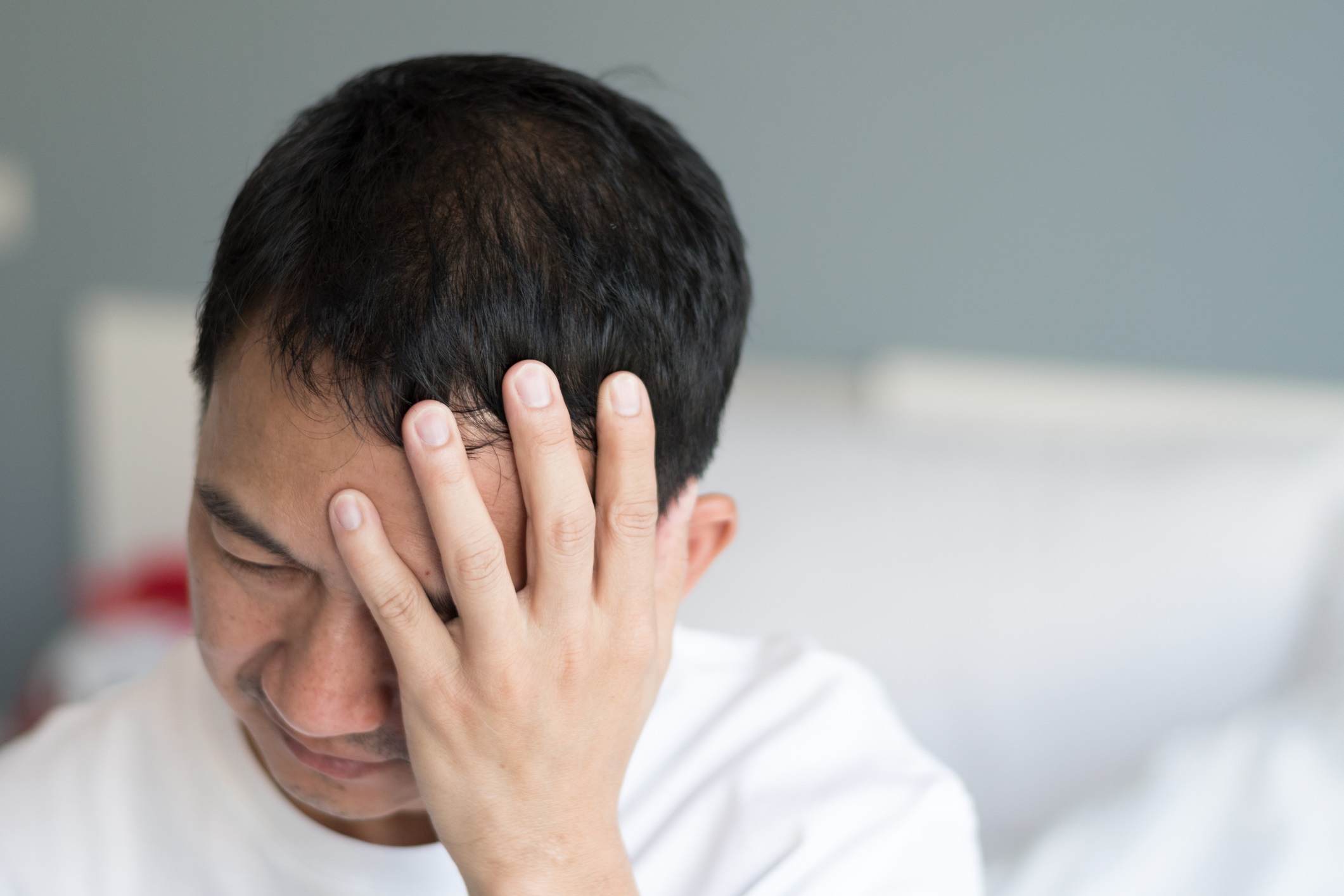What happens when you get a concussion?

When you suffer a concussion, it can feel like time has stopped. What should you do next? How serious is it? Should you call for help or drive to the hospital? In reality, the clock starts ticking and the concussion timeline begins as soon as head injury happens — and every second matters when it comes healing and recovery.
Just ask Brian McDonald, DO, MPT, FAAPMR, physical medicine and rehabilitation physician at Bryn Mawr Rehab Hospital, part of Main Line Health. Dr. McDonald chronicles what really happens inside the head when someone suffers a concussion.
What happens to the brain during a concussion?
A mechanical force causes our soft brains to move within the hard skull. After this initial hit, there is a flow of ions in and out of our brain cells and a release of neurotransmitters. This release disrupts the normal balance of the brain cells, and there is a decreased metabolism to the brain.
A day after a concussion
The disruption in brain metabolism is at its worst approximately two to three days after an injury, and remains that way for at least one week. This metabolism may not normalize until at least one month from the date of the injury.
A week after a concussion
The metabolism in the brain may remain unstable, even though symptoms have subsided. Just because a patient is no longer exhibiting symptoms doesn't mean that the brain is back to functioning normally, so continue to use caution and refrain from getting back into activities that could result in additional or increased injury.

A year after a concussion
For most people, symptoms will resolve within one to three months. Athletic head injuries typically improve within the first month. Rarely do patients continue to experience symptoms beyond one year from the time of their injury. For the small percentage of those who do, there is probably some long-lasting brain injury, which may show up on imaging studies.
Although the experience of concussion and symptoms can vary for each individual and recovery may take longer or less time as well, anyone who has a concussion should seek immediate medical treatment. If you or someone you know suffers a head injury and has symptoms like:
- Headache
- Dizziness
- Nausea
- Blurred vision
- Loss of memory or consciousness
Get help immediately. Waiting to call for help or trying to address the issue on your own could mean more severe symptoms or side effects. Brain imaging such as CT and MRI is not needed for most injuries and is expected to be normal. A physician can determine whether or not imaging is required to rule out more severe injury such a skull fracture and brain bleed or an alternative diagnosis altogether.
The Concussion Center at Bryn Mawr Rehab provides the services and therapy needed to help people recover from concussion or brain injury and patients benefit from our Neurologic Rehab Program as well as our accredited Brain Injury Rehab Program. To schedule outpatient rehab for concussion, call 484.596.5000.
Main Line Health serves patients at hospitals and health centers throughout the western suburbs of Philadelphia. To schedule an appointment with a specialist at Main Line Health, call 1.866.CALL.MLH (225.5654).
 Content you want, delivered to your inbox
Content you want, delivered to your inbox
Want to get the latest health and wellness articles delivered right to your inbox?
Subscribe to the Well Ahead Newsletter.
